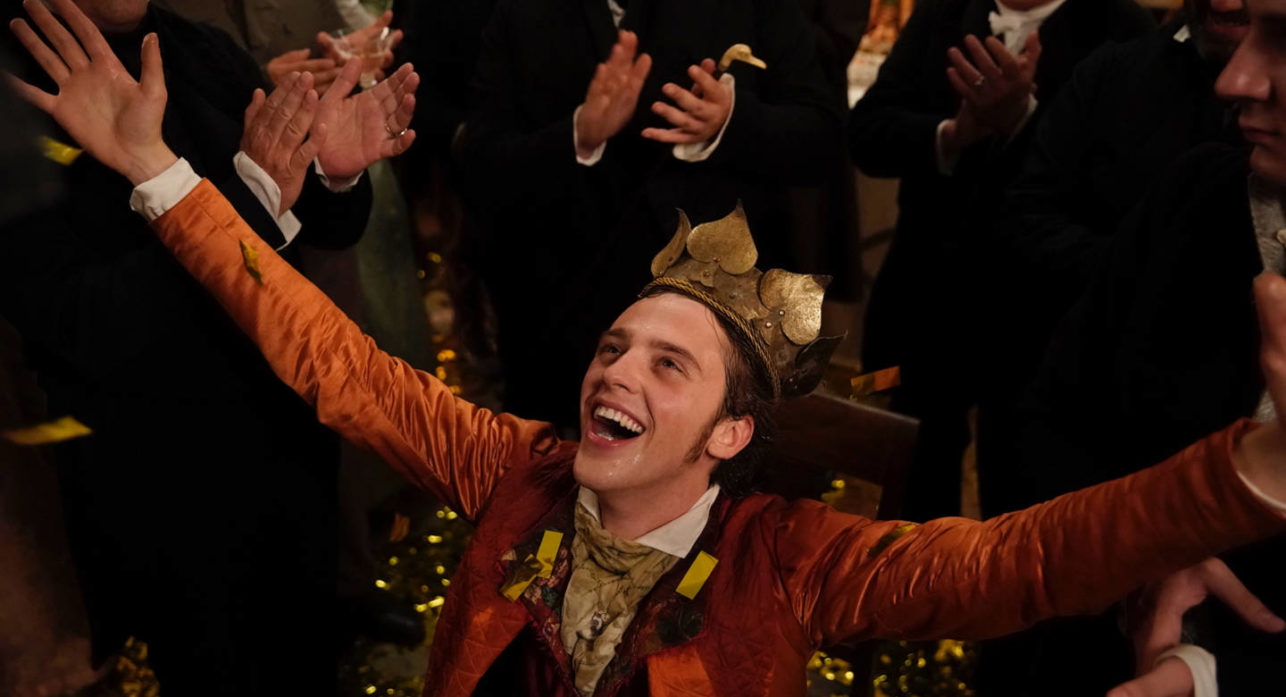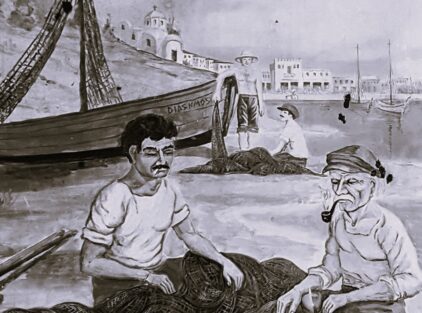by Christos Zampounis
The story is modern. It was when it was written in the 19th century and remains in the year 2022. How many ambitious provincials, since then, have not dreamed of conquering the “capital”, and how many have lost their illusions? A French film, which has just been released in summer cinemas, will appeal to the fans of Honore de Balzac, the leading anatomist of the Restauration society, the Restoration of the monarchy and beyond.
Excerpt from the monumental work of “La Comedie Humaine”, “Human Comedy”, “The Lost Illusions” watch a young dreamer poet, who will turn into a bitter libel writer after an erotic disappointment. The entanglement of power with the press and the emergence of money as the supreme value is one of the central themes of the plot, which remains alarmingly topical, almost two centuries later.
The transfer, by Xavier Giannoli, to the big screen of the Balzac masterpiece was received with rave reviews in his country, while he won a total of 7 Cesar (s.s .: the corresponding French Oscars), including that of Best Picture. It is true that watching it twice, in two days, the second to record external dialogues, I felt proud of the possibilities of European cinema to produce literary works on the “sail”. The “sport” of historical films is expensive, both in terms of decor and costumes and locations. The directorial approach is perfect in the sense that for 2.5 hours it does not cross your mind that the actors play roles. The opposite, rather, happens. They open the door for you to enter their character and identify with someone less, with someone more with them. Apart from the boulder and widely recognizable Gerard Depardieu, who plays a publisher who does not know how to read and write, but knows how to count, from the rest of the casting it is impossible not to succumb to the charm of Benjamin Voisin, the ambitious poet we called Cec de France, his aristocratic bridesmaid, Vincent Lacoste, Xavier Dolan and Jeanne Balibar, to name just a few. It would be an omission to forget the evocative music of Johan Sebastian Bach and Vivaldi, which accompany the rise and fall of another ether, as well as the voice off, which is Balzac’s “voice”.













